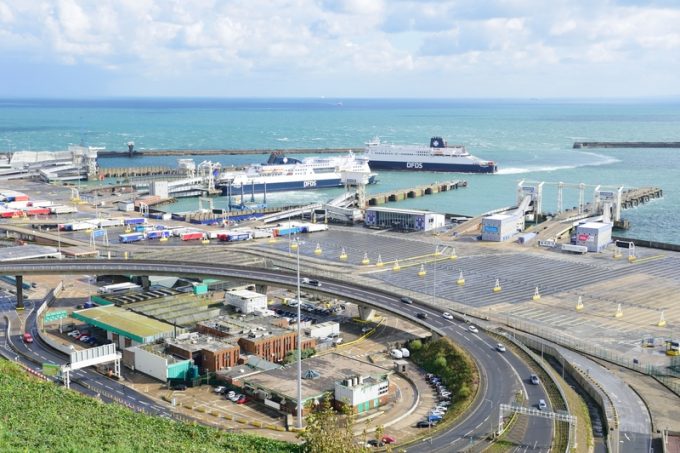'Challenging' Q3 for DFDS – and weaker demand expected to continue
Danish ferry and road freight operator DFDS saw weaker road freight demand across Europe in ...

Chaos continues to encircle post-Brexit customs procedures after UK minister Michael Gove faced questions on IT system release dates.
Mr Gove told the Future Relationship with the EU parliamentary select committee he “hoped” the Goods Vehicle Movement Service (GVMS) be ready by 4 December and the smart freight system “December 2020”, noting that both systems were being “refined”.
When asked how this differed from being tested, he simply stated that refinement and testing were “part of the same process”.
Further adding to the ...
Keep our news independent, by supporting The Loadstar
Volume surge and an early peak season? 'Don't celebrate too soon,' warning
Container spot rates diverge: to Europe still falling, but firmer to the US
Hapag-Lloyd won't take bookings if port congestion leaves cargo stranded
Ecommerce likely the front-runner in resurge of transpacific trade after deal
China-US trade tariff pause could drive a rebound for transpacific rates
Service chaos from trade ban with India a problem for Pakistan shippers
Shippers should check out the 'small print' in China-US tariff cuts
Airfreight rates ex-China 'loss-making', but hopes of a trade deal stay high
Carriers impose 'emergency operation' surcharges on Pakistan cargo
Serious threat to jobs in US logistics as tariffs cause economic 'stagflation'
15% rebate for box ships as Suez Canal Authority woos carriers
White House u-turns see freighters flying but keep logistics players on their toes
MSC in terminal switch as Nhava Sheva gets strong start to new fiscal year
Peak season or recession? Forwarders and shippers need to 'stay flexible'
Volga-Dnepr claims 'pirate' Canada has 'hijacked' its stranded aircraft


Comment on this article